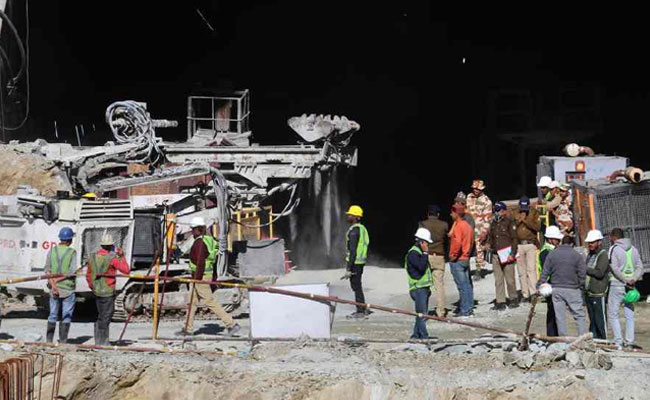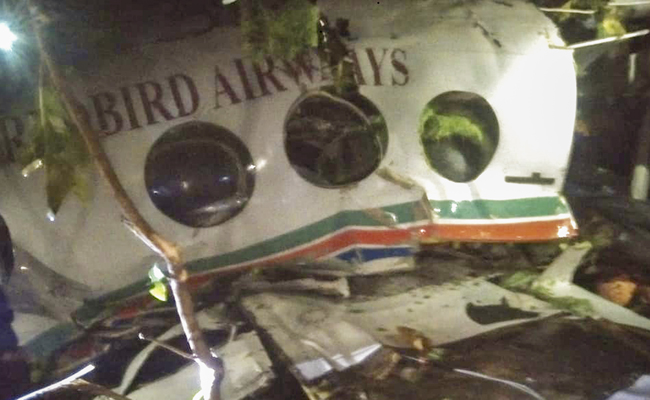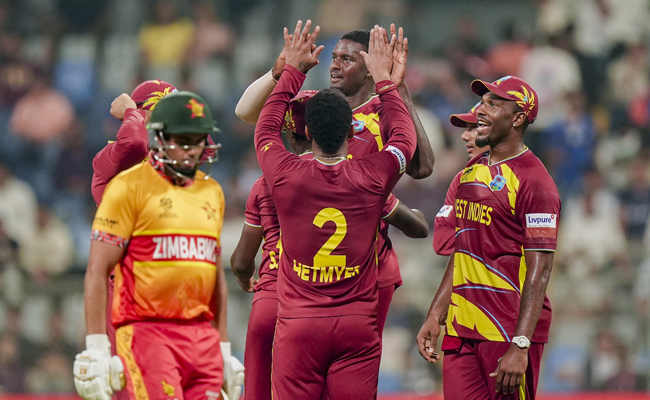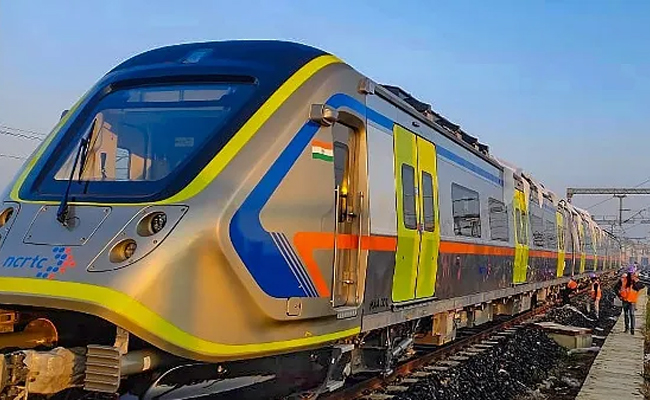Uttarkashi (PTI): Tuesday morning brought some relief for family members of the 41 workers trapped inside the Silkyara tunnel for nine days here as the newly inserted six-inch pipeline made communicating with them easier.
The family members said they could hear the workers clearly through the new pipeline, which will also be used for sending larger quantities inside the tunnel.
An alternative 6-inch pipeline was pushed in through the rubble of the collapsed tunnel on Monday.
Till Monday, a four-inch existing tube was being used to supply oxygen and items like dry fruits and medicines into the section of the tunnel beyond the rubble of the collapsed portion.
Sunita Hembrum, whose brother-in-law Pradeep Kisku, is among the trapped labourers, said he is doing fine.
"I talked to him this morning. Oranges have been sent to them through the new food pipe. Efforts are also being made to send khichdi to them. He is fine," Hembrum, who has come from Bihar's Banka, told PTI.
She said it was easier to communicate through the new food pipe.
"Earlier, we had to shout to make ourselves audible but today his voice was clear," she added.
Jaimal Singh Negi, whose brother Gabbar Singh is also trapped inside the tunnel, said communication has definitely become better with the insertion of the new pipe but the real challenge of rescuing the workers remains.
"The new food supply pipeline has also made it easier to supply better food in larger quantities to them, which is a good thing. Otherwise the situation remains the same," said Negi, who spoke to his brother.
The workers are talking to each other and keeping each other's morale high, he said.
However, a worker's father, Chaudhary, claimed he was not being allowed to talk to his son Manjit.
"It has been nine days since I came here. I was allowed to talk to Manjit only once, soon after I came here. But now I am not being allowed to go inside and talk to him," Chaudhary complained.
During his visit to Silkyara on Sunday, Uttarakhand Chief Minister Pushkar Singh Dhami had asked officials to ensure that the family members of the trapped workers do not face any inconvenience.
Rescue operations are being carried out on a war footing since portions of the tunnel collapsed following a landslide early on November 12, leaving the workers trapped behind a huge mound of debris.
The Silkyara tunnel, about 30 km from the district headquarters of Uttarkashi and a seven-hour drive from the Uttarakhand capital Dehradun, is part of the ambitious Char Dham all-weather road project of the central government.
Let the Truth be known. If you read VB and like VB, please be a VB Supporter and Help us deliver the Truth to one and all.
Ranchi (PTI): An air ambulance with seven people onboard to Delhi from Ranchi crashed near Simaria in Jharkhand's Chatra district on Monday, Ranchi airport Director Vinod Kumar said.
There was no immediate confirmation about casualties.
The crash occurred after the air ambulance took off from Ranchi airport at about 7.10 pm, the official said.
"An air ambulance from Ranchi with seven people onboard crashed near Simaria in Chatra district. The report of the crash was received from the state administration," Airport Director Kumar told PTI.
The ambulance had lost contact with air traffic control around 20 minutes after takeoff.
The DGCA in a statement said, "On 23.02.2026 Redbird Airways Pvt Ltd Beechcraft C90 aircraft VT-AJV operating medical evacuation (Air Ambulance) flight on sector Ranchi-Delhi crashed in Kasaria Panchayat of Chatra district, in Jharkhand."
There were seven people on board, including two crew members.
"The aircraft was airborne from Ranchi at 19:11 IST. After establishing contact with Kolkata at19:34 IST, aircraft lost communication and RADAR contact with Kolkata at approximately 100 NM South-East of Varanasi," it added.
The district administration's search and rescue team is at the location, and an Aircraft Accident Investigation Bureau (AAIB) team is being dispatched for investigation, the statement said.
Chatra Deputy Commissioner Keerthishree G told PTI, "The aircraft went missing around 7.30 pm. It crashed at Bariatu Panchayat in Simaria."
The DC said she cannot confirm the casualties right now, as the place of occurrence is deep in the forest.
"A team has been sent. We can confirm when the team reaches there," she added.





